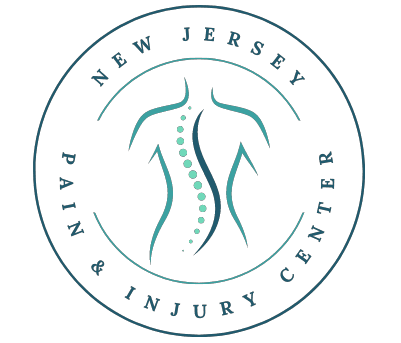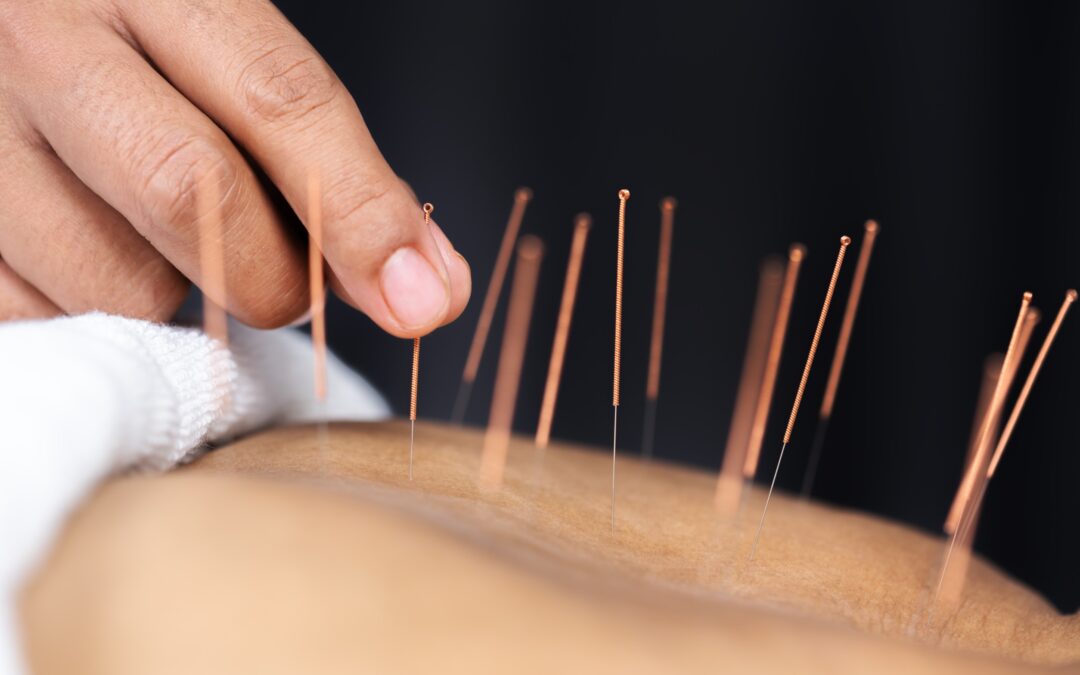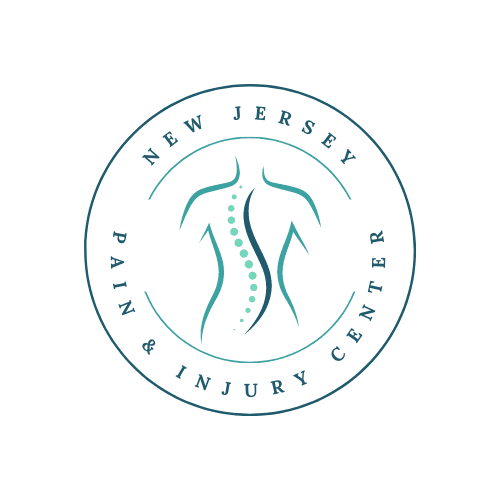Car accidents can have a lasting impact on individuals, both physically and emotionally. In the quest for effective and holistic recovery, many are exploring alternative therapies like acupuncture. This ancient Chinese practice involves the insertion of thin needles into specific points on the body to stimulate healing. However, a common question arises: Is acupuncture safe for car accident injury recovery?
Read on to delve into the safety aspects of acupuncture and its role in supporting the healing process after a car accident.
Safety of Acupuncture
When performed by a qualified and licensed practitioner, acupuncture is generally considered safe. The needles used in acupuncture are extremely thin, and the insertion process is minimally invasive. Adverse effects are rare, with most people experiencing no more than a slight tingling sensation during treatment.
Licensed Practitioners and Regulation
Ensuring safety in acupuncture lies in choosing a licensed and well-trained practitioner. In Totowa, NJ, where interest in acupuncture for car accident injury recovery is on the rise, practitioners are required to meet specific standards and adhere to regulatory guidelines. Licensing ensures that practitioners have undergone proper training, demonstrating competence in the practice of acupuncture.
Individualized Assessment
Before administering acupuncture, a reputable practitioner conducts a thorough assessment of the patient’s health history, current conditions, and the specific injuries sustained in the car accident. This individualized approach allows the practitioner to tailor the acupuncture treatment to address the unique needs and concerns of each patient, enhancing both safety and effectiveness.
Non-Invasiveness and Minimal Side Effects
Unlike some conventional medical interventions, acupuncture is a non-invasive procedure. The insertion of thin needles is generally well-tolerated, and the risk of infection is minimal. The side effects of acupuncture are typically mild and transient, such as temporary soreness or bruising at the needle insertion points.
Related: Effective Acupuncture for Pain Relief After a Car Crash
Complementary to Conventional Medicine
Acupuncture is often used as a complementary therapy alongside conventional medical treatments for car accident injuries. It is not intended to replace standard medical care but rather to enhance overall well-being and promote a faster recovery. This collaborative approach ensures that patients receive the benefits of both traditional and alternative forms of healing.
Patient Comfort and Informed Consent
A crucial aspect of ensuring safety in acupuncture is open communication between the practitioner and the patient. Before starting any treatment, practitioners discuss the procedure, potential benefits, and possible side effects with the patient. This process, known as informed consent, empowers patients to make decisions about their health and ensures they are comfortable with the proposed acupuncture treatment plan.
For individuals in Totowa, NJ, considering acupuncture for car accident injury recovery, safety is a valid concern. When performed by a licensed and experienced practitioner, acupuncture is generally safe and well-tolerated. Its non-invasiveness, minimal side effects, and individualized approach make it a viable option for those seeking holistic healing. At the Totowa Spine & Injury Center, we offer acupuncture therapy along with chiropractic care and physical therapy. Fill out the patient form to learn more.



